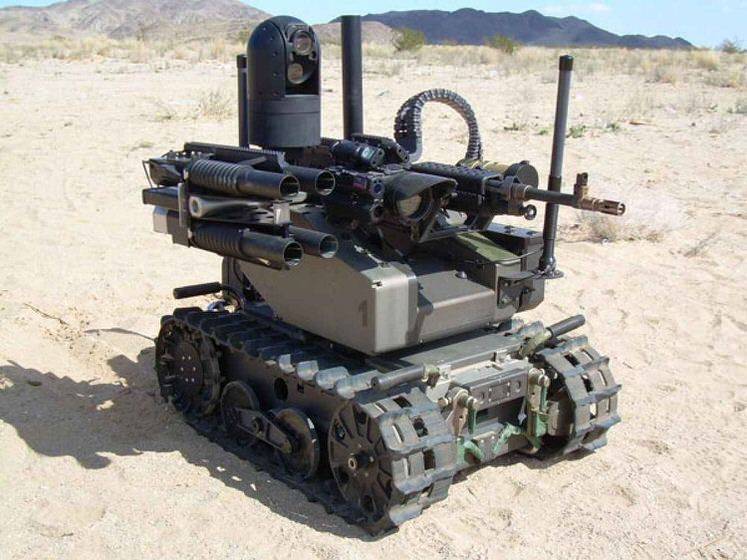The Department of Defense (DOD) Science Board has released a broad study on autonomy, recommending “immediate action” to counter enemy artificial intelligence.
In the study, the science board found that commercial and academic AI is moving at a faster speed than military operations. It warned that if this continued, the U.S. military may face the same threats from adversaries that used cyber warfare to extract information from the Pentagon and other high value military targets, but on a much grander scale.
See Also: BAE Systems debuts wearable charging tactical vest
“For years, it has been clear that certain countries could, and most likely would, develop the technology to use cyber and electronic warfare against U.S. forces,” said the study’s authors. “Yet most of the U.S. effort focused on developing offensive cyber capabilities without commensurate attention to hardening U.S. systems against attacks from others.”
“Unfortunately, in both domains, that neglect has resulted in DoD spending large sums of money today to ‘patch’ systems against potential attacks.”
It advised the DOD to gather intelligence on other nation’s AI developments, especially China and Russia. Once it has found sufficient data, teams at the DOD should develop “counter-autonomy” solutions and ways to overwhelm the system, says the science board.
DoD late out of the blocks with adversaries
The DOD should also invest resources into developing learning AI systems that can be deployed onto the battlefield. These systems could recognize weaknesses in the enemy’s defense or strategy, though self-thinking systems are far away from becoming reality.
China and Russia are both supposedly developing AI systems to deploy on the battlefield. China has even boasted about AI robots and autonomous tanks, which could be deployed in the next few years.
According to the report, China has an advantage in the AI battle, since it does not have the same worries that a truly self-thinking system could cause catastrophic damage if it goes rogue. That could be a massive disadvantage, if the U.S. or any other nation is able to create programs to attack the AI and manipulate it.
DARPA, the research and development wing of the DOD, has ran a few autonomous tests in the past decade. It could be influential in finding engineers and startups to shore up the U.S. AI deficiencies.

















